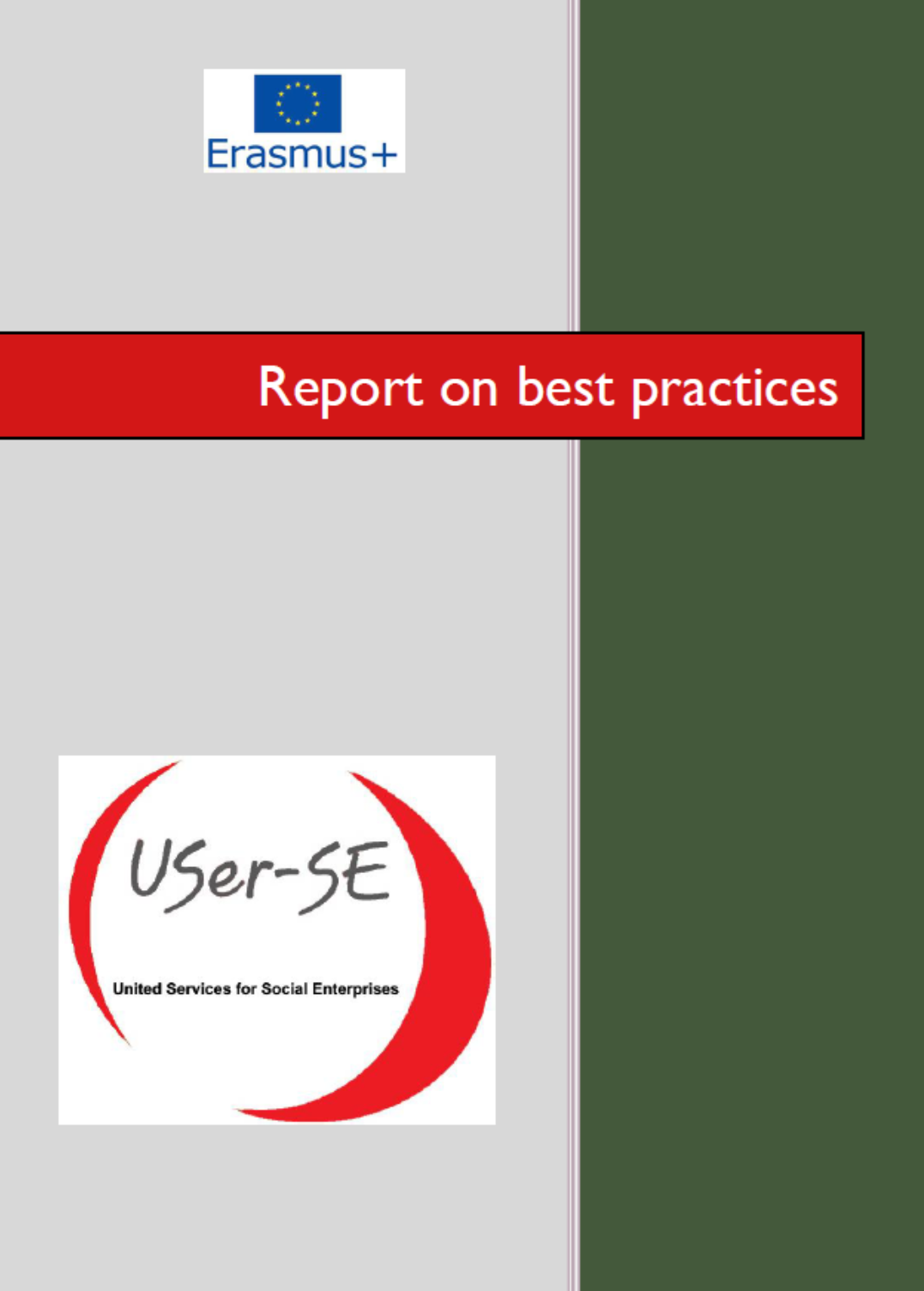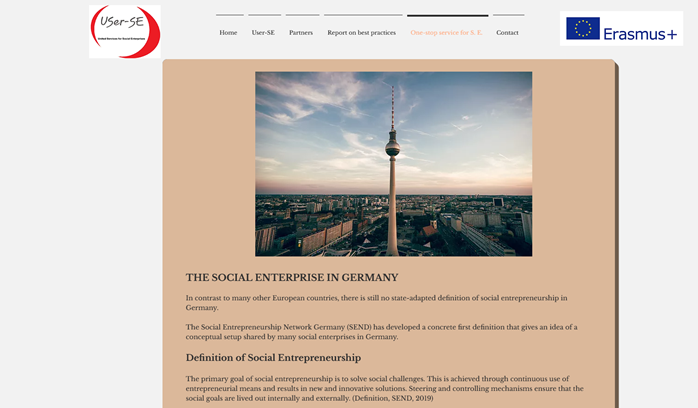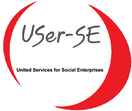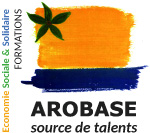“United Services for Social Enterprises” (USER-SE), is a project, created through a strategic partnership between six countries: Italy, Spain, Belgium, Germany, France and Greece. The project wants to address the main issues that limit the development of the social enterprise (SE) sector, such as the poor understanding of the role of this type of companies in society, the lack of visibility, the need for business development and support services such as tutoring and training programs, investment support, etc. The survival and growth of SE are influenced by internal factors such as the lack of feasible business models, high dependence on the public sector as a source of income, lack of commercial acumen, entrepreneurial spirit, and skills, managerial and professional skills necessary for strengthening the activity.
USER-SE intends to strengthen training, the exchange of good practices and experiences in social entrepreneurship, increasing skills within partner organizations, spreading and enhancing the social approach in local communities, increasing the recognition and visibility of social enterprises, but also in a broader way, creating supporting tools such as the “One-stop service for Social Enterprise onlline” that in a virtual scenario with different actors and organizations connected to the sector, will increases the entrepreneurial culture, stimulating the social approach and, in the training field, will increases knowledge in the subject.
Objectives of the project are:
– Promote the exchange of knowledge, experience and good practices in the entrepreneurial field.
– Improve skills and abilities in social entrepreneurship
– Increase the sense of initiative and entrepreneurship
– Create a virtual tool for orientation, support and advice on social enterprise
– Strengthen linguistic, digital and intercultural skills
– Promote strategic cooperation at the international level
USER-SE involves staff members of the partnership formed by trainers, tutors, educators, training and education professionals for a total of 18 participants, three for each partner institution. USER-SE through 6 training activities on the social enterprise and 3 transnational meetings will produce as main results “One-stop service for Social Enterprise online” and the “Report on best practices”.
The project methodology will be participatory, coherent with the exchange of experiences and peer learning and the work-based learning approach.
The impact for the participants will be the:
– Improvement of knowledge and skills in social entrepreneurship.
– Development of training methods, social technologies and consultancy skills in aspects related to social enterprise.
– Improvement of communication skills in another language.
– Increased motivation for the project topic and the learning activities developed.
– Strengthening the approach to social entrepreneurship and the link with their profession.
In the partner institutions it will be:
– Improvement of work management skills and international activities.
– Partners will have staff with greater knowledge and skills.
– Development of international relations created between partnerships and public and private institutions.
– Reinforcement of the relationship with the social enterprises visited.
– The “One-stop service for Social Enterprise online” and the “Report on best practices” created, will be important tools for the world of organizations that work and provide support to social enterprises.
In the Stakeholders:
– Social entrepreneurs will improve their skills in developing learning activities within their companies.
– Social enterprises will have an information and network tool, useful for their activities.
– Greater awareness of social entrepreneurship will be generated as a result of dissemination.
– Increased visibility of social enterprises visited in the learning activity.
The knowledge acquired for the participants will be shared and put into practice within their own organizations. The main results of USER-SE will be maintained even after its conclusion, as tools for development and training in the field of social enterprises.








